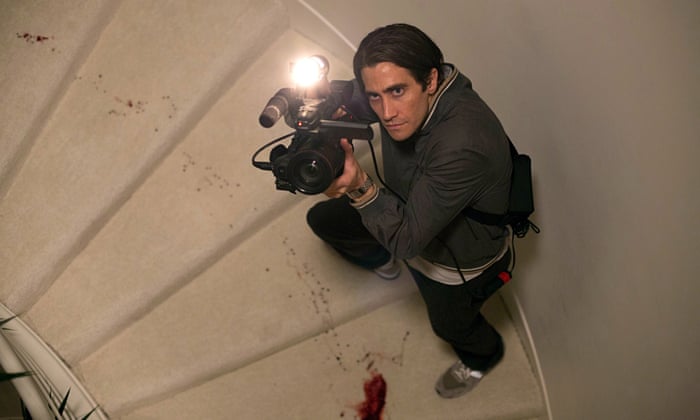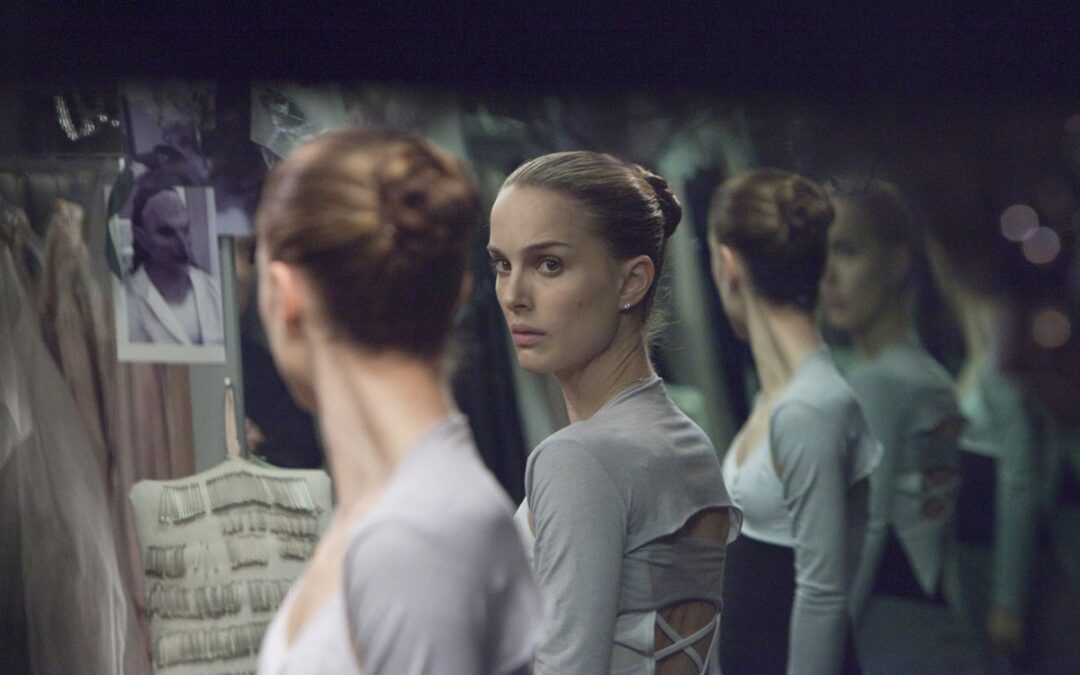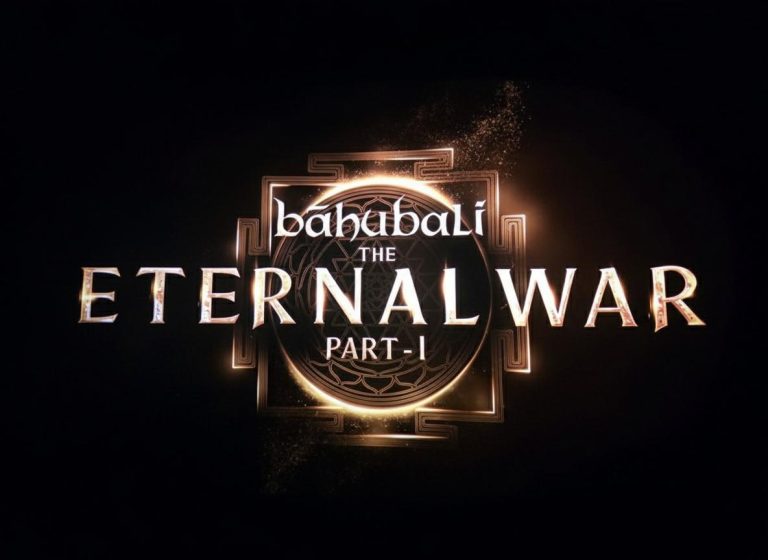Most “inspirational movies” get passed around like hand-me-down sweaters. The Pursuit of Happyness. Rocky. Dead Poets Society. All comforting, all familiar. But life doesn’t always move to a training montage or end with a slow clap. Sometimes the hardest lessons crawl out of darker corners of films that leave you shaken, maybe even nauseous, but unable to look away.
Here are five of them. Watch closely, and they double as self-help guides. Not cheerful ones, but the kind that actually stick.
1. Nightcrawler (2014)

Ambition without ethics rots you from the inside.
Lou Bloom doesn’t sleep, doesn’t stop, doesn’t care. He builds a career out of blood on asphalt and the voyeurism of late-night TV. You admire his hustle for half a second before you realize: this is what success looks like with the brakes cut. The question isn’t whether you’re ambitious enough. It’s whether your ambition has a soul.
2. Whiplash (2014)

Drive can kill as surely as apathy.
Andrew Neiman isn’t lazy. He bleeds on drumsticks, sweats through nights, sacrifices friendships. And still, it isn’t enough. His mentor makes sure of that. Whiplash isn’t about music, it’s about how obsession chews through your bones while you call it “discipline.” Yes, greatness demands sacrifice. But what’s left when there’s nothing left of you?
3. Black Swan (2010)

Perfection is a coffin you build yourself.
Nina wants control of every pirouette, every breath. She drills, starves, claws her way toward “flawless.” What she gets is madness and a body breaking under pressure. Black Swan isn’t a cautionary tale about art. It’s about anyone who’s ever thought, “If I can just get this perfect, I’ll finally be enough.” The film whispers back: perfection doesn’t save you. It buries you.
4. Prisoners (2013)

Pain bends morality until it snaps.
A child goes missing. A father loses patience with the slow gears of justice. What follows isn’t heroism. It’s cruelty dressed up as necessity. Prisoners drags you through a question most self-help books avoid: what happens when doing “whatever it takes” makes you the very thing you hate? Sometimes love mutates into something monstrous. Sometimes desperation makes us unrecognizable.
5. Requiem for a Dream (2000)
Shortcuts promise heaven, deliver hell.
Pills. Powder. TV fantasies. Every character believes they’ve found the express lane to joy. By the end, all that’s left is wreckage, bodies, minds, and illusions shattered. Requiem isn’t fun, it isn’t hopeful, but it’s unforgettable. Quick fixes, whether drugs or delusions, don’t heal the ache. They deepen it until there’s nothing left to numb.
FAQ
Q1: Why pick such dark films for self-help?
Because comfort is overrated, darkness shows the cracks we try to wallpaper over obsession, greed, grief, and denial. Facing them is where growth begins.
Q2: Aren’t these films too bleak to help anyone?
They’re bleak, yes. But they linger. And sometimes the lesson you can’t shake is worth more than the one that makes you smile for five minutes.
Q3: How do you apply what you see on screen?
Don’t copy the characters. Read them as warnings. Ask: Where am I chasing perfection? Where am I cutting corners or grinding without boundaries? The point isn’t to admire them. It’s to noticing the parts of yourself they exaggerate.
These films don’t pat you on the back. They don’t tell you to “believe in yourself.” They scrape you raw and make you sit with questions you’d rather dodge. That’s the lesson: growth doesn’t only come from the cheerful stuff. Sometimes it crawls out of the wreckage, ugly and undeniable, and sits with you long after the credits roll.






